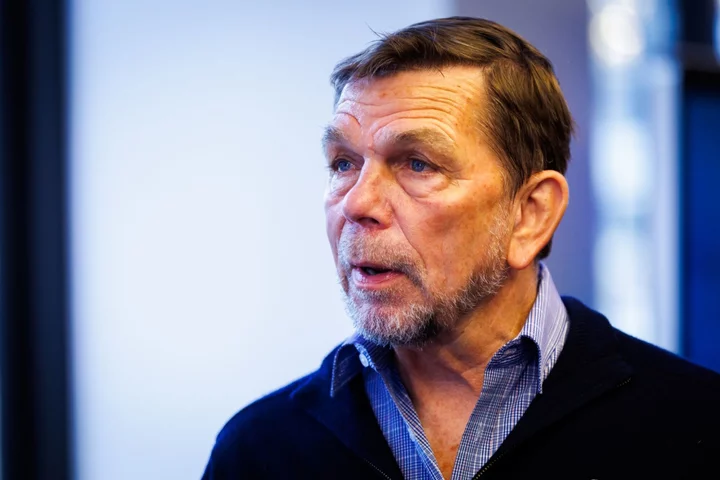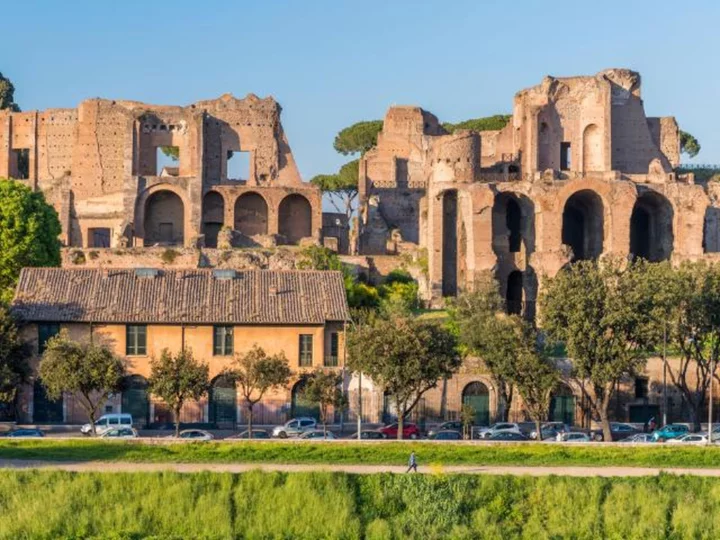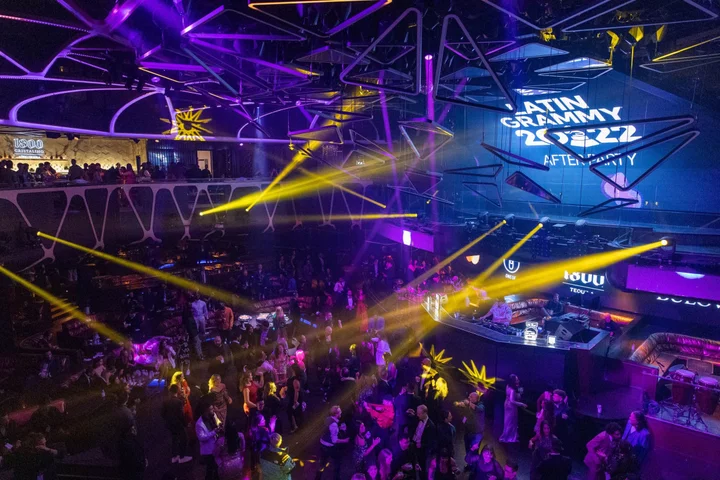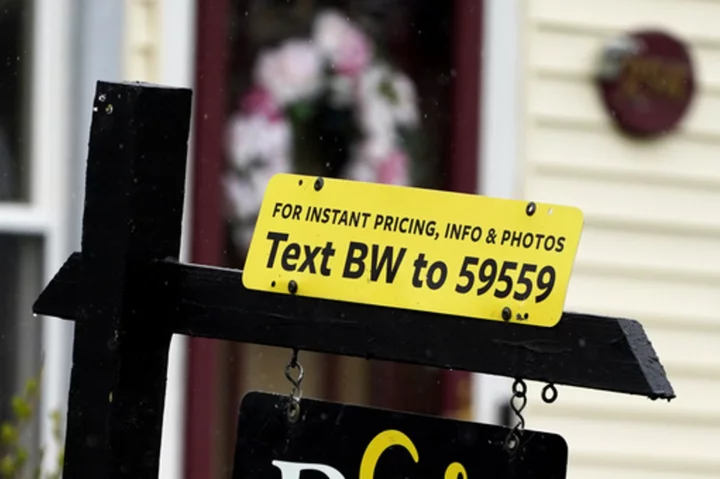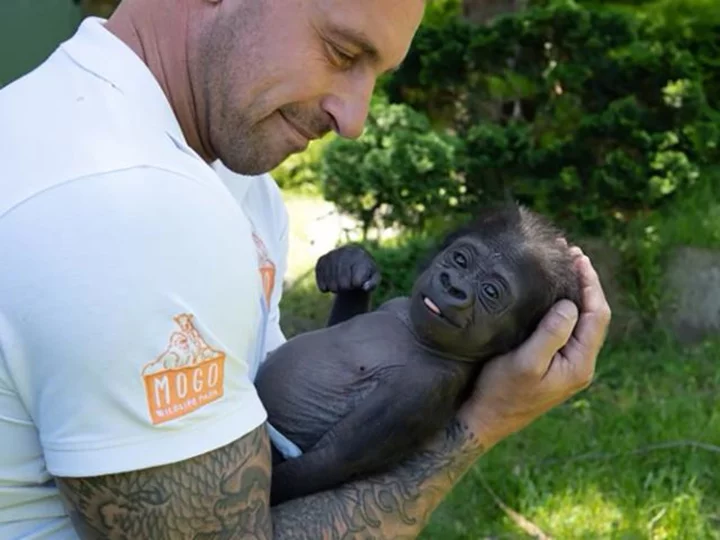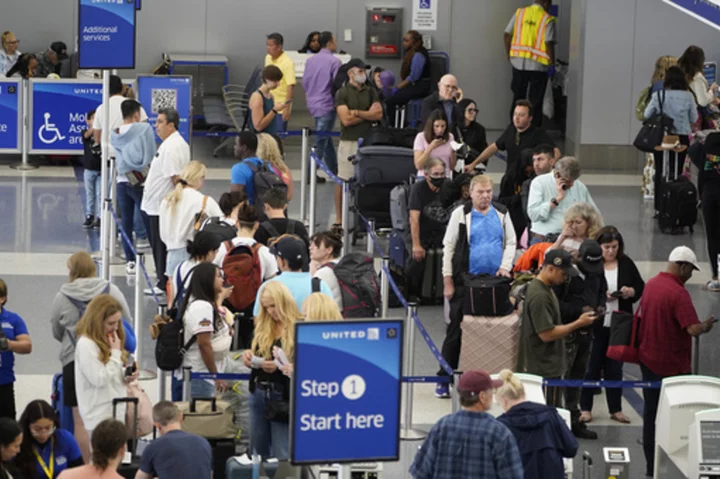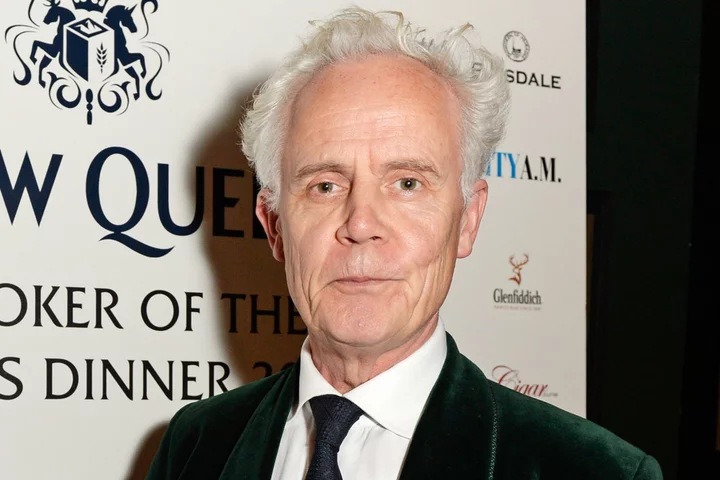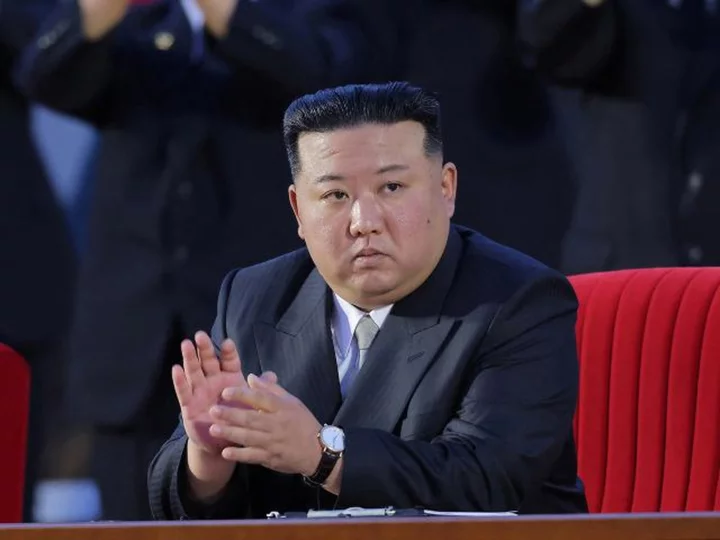Qantas Airways Ltd.’s fall from grace has prompted rival airlines, airport operators and travel agents to call for swift structural reform to open the market to more carriers and rein in the giant.
In just the past month, Qantas has been hit by a class action over its retention of Covid-era travel credits and sued by Australia’s competition regulator for allegedly selling seats on already canceled flights. Amid the outcry, then-Chief Executive Officer Alan Joyce brought forward his retirement.
In the latest blow to the airline’s reputation, Australia’s highest court this week ruled that Qantas illegally sacked almost 1,700 staff during the pandemic.
The controversies at the country’s largest carrier have created a trigger for potential change — before a government review early next year sets out aviation policy for the coming decades. Sensing a rare opportunity, an Australian aviation ecosystem that’s normally ruled by Qantas is piling in. At a conference in Brisbane this week, industry executives demanded action to bring in more competition.
“There’s an opportunity for competition to be grasped,” said Tim Jordan, CEO of new low-cost airline Bonza. “Now is the time to do it.”
Jordan called for access to takeoff and landing slots at Sydney airport, the country’s main gateway. Bonza could serve 20 destinations from Sydney if it was allowed to operate from the airport, and its tickets would cost less than half rivals’ fares, he said. In an interview, Jordan described slots at Sydney airport as “a national asset.”
Qantas, which has a 60% market share, has long been accused of hoarding slots at Sydney so rivals can’t get them. It denies the allegations. The competition regulator has said shaking up slot allocations would be the most effective way of limiting Qantas’ dominance. Virgin Australia has about one third of the Australian passenger market.
Flight slots at Sydney airport that aren’t being used properly by Qantas should be farmed out to other airlines, said Graham Turner, CEO of Flight Centre Travel Group Ltd., Australia’s biggest travel agency. The government has nothing to lose by pushing through aviation sector reform right away.
“It’s as good a time as any,” Turner said in an interview at the Brisbane conference. “They could get quite a bit of credibility if they took some positive action. People want lower airfares.”
Qantas shares in Qantas have lost 7.3% since the antitrust watchdog’s money-for-canceled-seats accusations.
Joyce’s surprise early departure was the culmination of multiple crises at Qantas since Covid travel restrictions eased. Flight cancellations and delays soared in 2022 as the airline ran short of planes and staff. Angry passengers blamed Joyce — the face of the airline for 15 years — and his Sydney home was pelted with eggs and toilet paper.
Then this year, concerns about Qantas’ influence on national aviation policy boiled over when the government blocked a request by Qatar Airways to operate more flights into Australia following lobbying from Qantas. To Flight Centre’s Turner and a host of other business leaders, the decision to block Qatar fueled the perception that Qantas was being protected from competition. A parliamentary inquiry into the Qatar Airways decision starts next week.
“A level playing field should be the basis for all business,” Brisbane Airport CEO Gert-Jan de Graaff said in an interview. “If protecting the national carrier is the basis of government decisions about allowing other carriers a right to entry, then we have an issue with that.”
After expanding in 2020, Brisbane Airport could almost double its takeoff and landings at peak times, he said. “That’s another reason to bring in new airlines, because that will help us fill that new runway.”
As the aviation conference kicked off, Qantas drew further scrutiny after the Guardian newspaper reported the airline had gifted exclusive airport lounge access — membership of its invitation-only Chairman’s Lounge — to the heads of Australia’s competition and corporate regulators. Politicians, including Prime Minister Anthony Albanese and opposition leader Peter Dutton are also Chairman’s Lounge members, as are the seven High Court judges who ruled on the pandemic sackings.
“There’s a greater risk of perception of conflict of interest in that regard,” Andrew Barr, chief minister of the Australian Capital Territory, said in an interview at the conference.
“The fact that some form of lounge membership tends to be offered by most airlines to most of their frequent flyers probably tells you that’s a competitive exercise in seeking people’s business,” he said.
Any Chairman’s Lounge memberships held by individuals with a public oversight duty should be openly declared, he said. Barr said he has disclosed his own membership. Qantas doesn’t name those it invites.

